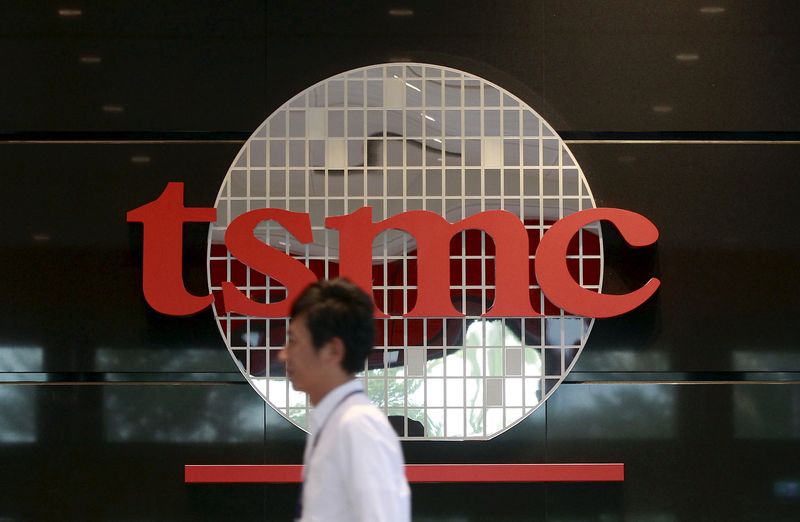Investing.com -- Jefferies analysts noted a report from Reuters that said President Biden may impose new restrictions on AI chip production for China before his term ends on January 20.
The restrictions are expected to have two main components: barring certain countries aiding China in AI development from accessing AI chips and preventing foundries like TSMC and Samsung (KS:005930) from manufacturing AI chips for Chinese firms.
Jefferies emphasized the high likelihood of these restrictions targeting TSMC and Samsung, noting that "Preventing TSMC and Samsung from making AI chips for China has high certainty of happening."
The analysts highlighted that TSMC has already suspended production of 7nm chips for its Chinese clients pending further regulatory details.
The anticipated restrictions would involve a detailed definition of "advanced AI chips" based on factors like process node, die size, and the use of CoWos and HBM specs.
Jefferies points out that these measures aim to tighten existing loopholes and ensure compliance.
The restrictions are particularly expected to impact Chinese companies designing GPUs, ASICs, and ADAS chips, such as Alibaba (NYSE:BABA), Baidu (NASDAQ:BIDU), and Horizon Robotics.
Jefferies notes that this policy could face enforcement challenges, especially concerning the involvement of third-party countries.
They argue, "It will risk damaging US relationships with these countries, and some of them are 'delicate' friends of the US."
Moreover, the firm says the policy could strain international relations as it may be perceived as coercive.
Despite potential difficulties, Jefferies believes Biden's administration is committed to tightening AI chip production regulations, which are unlikely to be reversed by a potential Trump administration.
